Content by Patrick Wagner
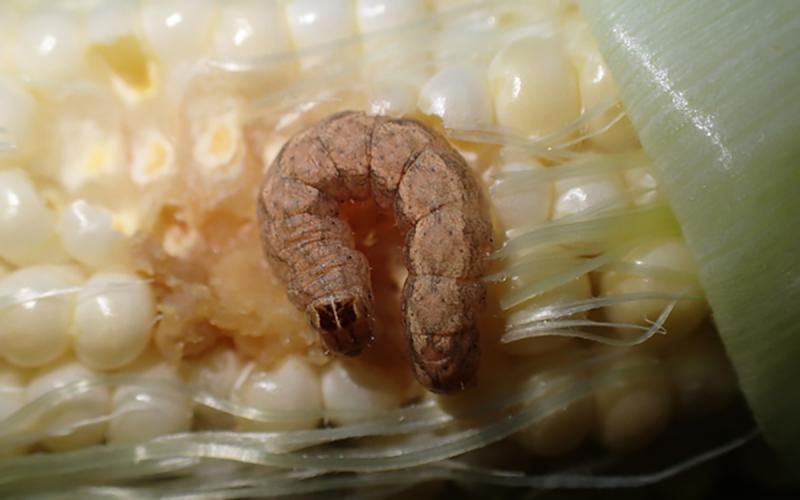
Western Bean Cutworms Detected in South Dakota Corn
Western bean cutworm caterpillars have been reported in South Dakota corn. This pest can cause yield loss by feeding on the tassels, silks, and ears. In addition, ear feeding activities increase the likelihood of secondary diseases and mold growth on the ear.
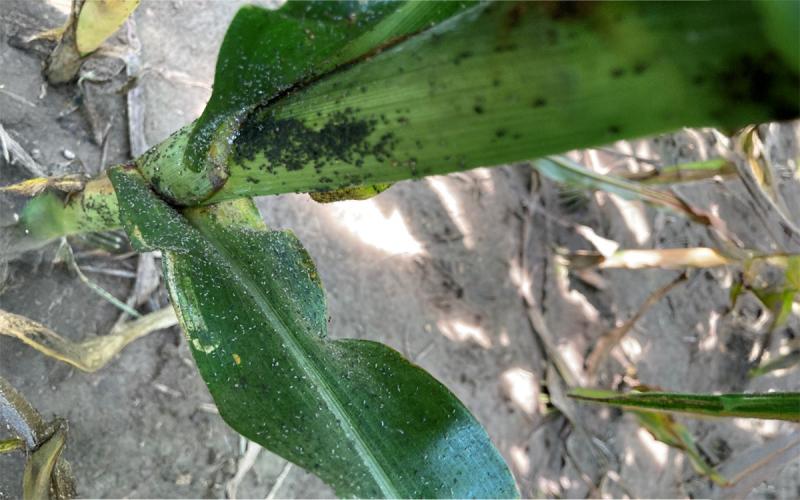
Aphids Infesting Corn in South Dakota
Aphid populations are taking off in some southeastern South Dakota corn fields. The two aphid species that are commonly observed in corn include the corn leaf aphid and the bird cherry oat aphid.
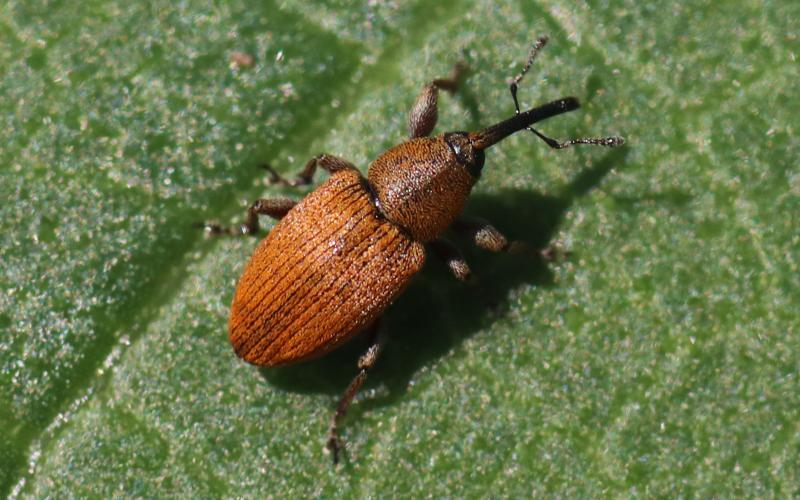
Is it Time to Spray Red Sunflower Seed Weevils?
Red sunflower seed weevil adult activity is well underway on sunflowers in South Dakota. Even though the red sunflower seed weevil numbers are down, we are still observing populations in South Dakota that are above threshold.
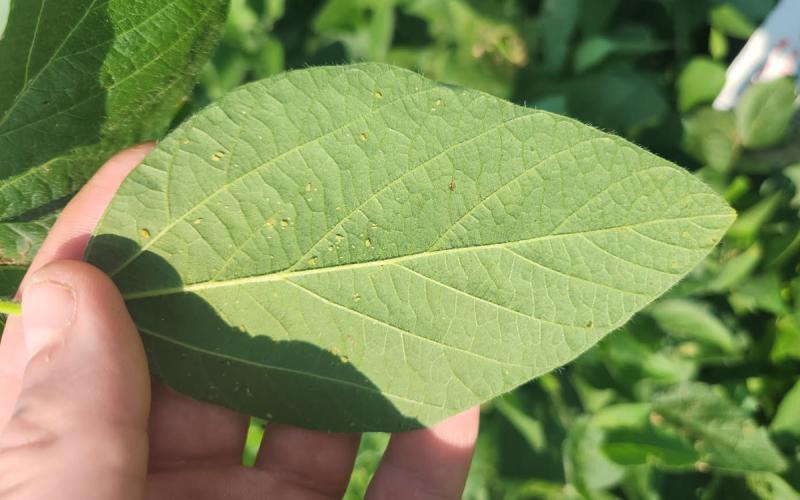
Soybean Aphids Exceeding Thresholds in Some Parts of South Dakota
There have been a few fields this week that were infested with soybean aphids that are getting closer to threshold. We have also received reports of insecticides being applied to manage soybean aphids in South Dakota.
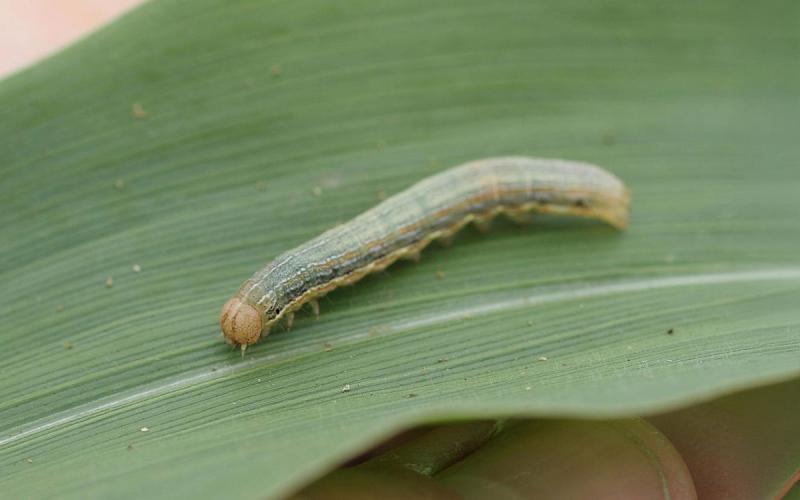
Reports of Pyrethroid Failures for True Armyworm Caterpillar Management
True armyworm caterpillars reached thresholds in oats and wheat in many areas of South Dakota recently. Management efforts to reduce populations had varying levels of success, with SDSU Extension receiving numerous reports of pyrethroid insecticide failures.
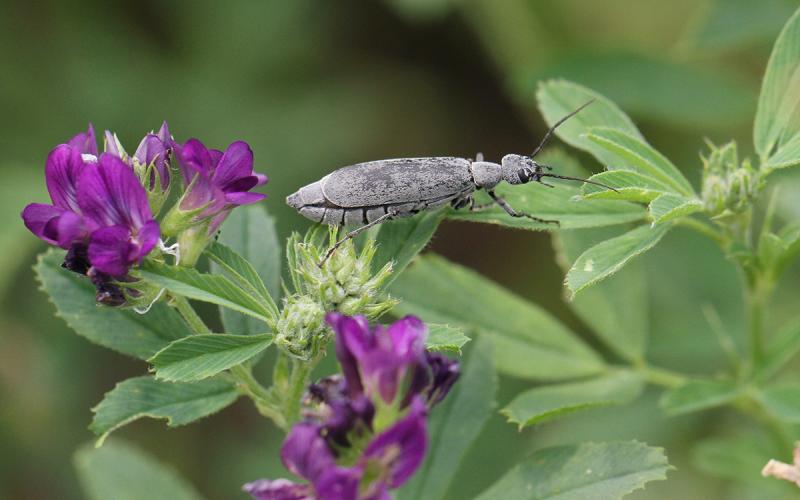
Watch for Blister Beetles in Later Alfalfa Cuttings
The frequent rain events experienced this summer has helped boost forage production. Although this is great for growers, the possibility of encountering blister beetles at harvest increases later in the summer.
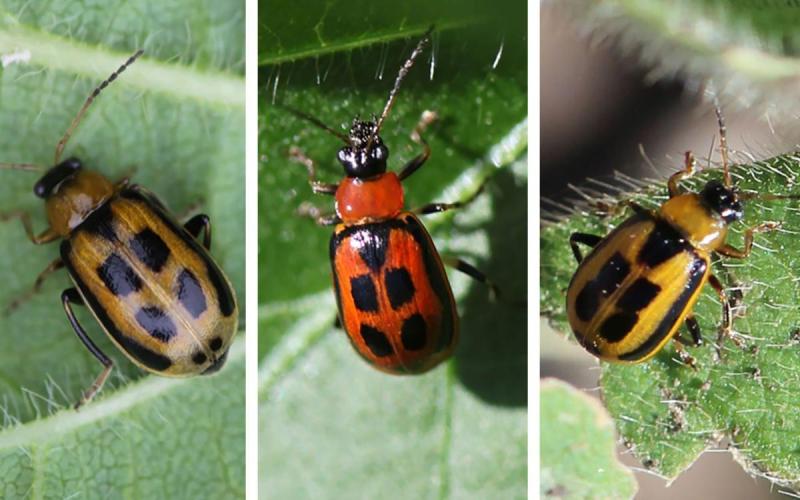
Bean Leaf Beetles Showing Up in Soybean
Despite the prediction of low overwintering survival we have observed bean leaf beetles in soybean this week. See our latest observations and management recommendations.
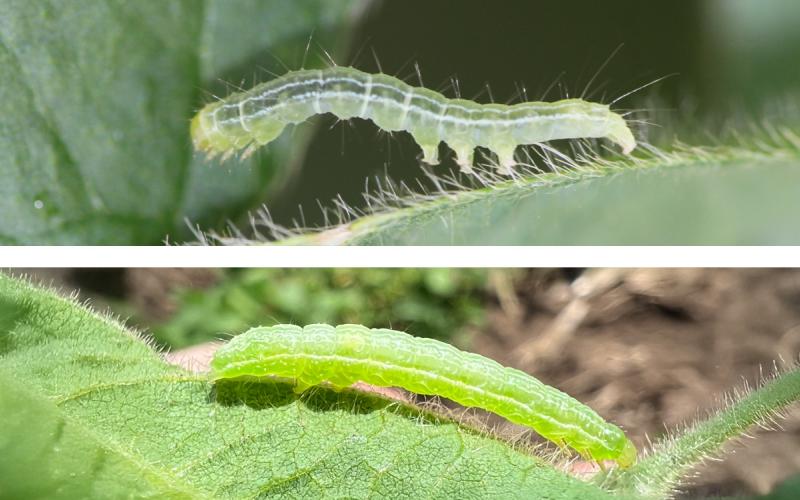
Green Caterpillars Causing Defoliation in Soybean
This week we observed several species of caterpillars in soybean fields. The most common species were the green cloverworm and the cabbage looper.

Update on Chlorpyrifos Use in South Dakota
As of June 30, 2025, the labeled uses for chlorpyrifos products for food and feed are limited to alfalfa, soybean, and wheat in South Dakota. Chlorpyrifos can no longer be used to treat sunflowers.
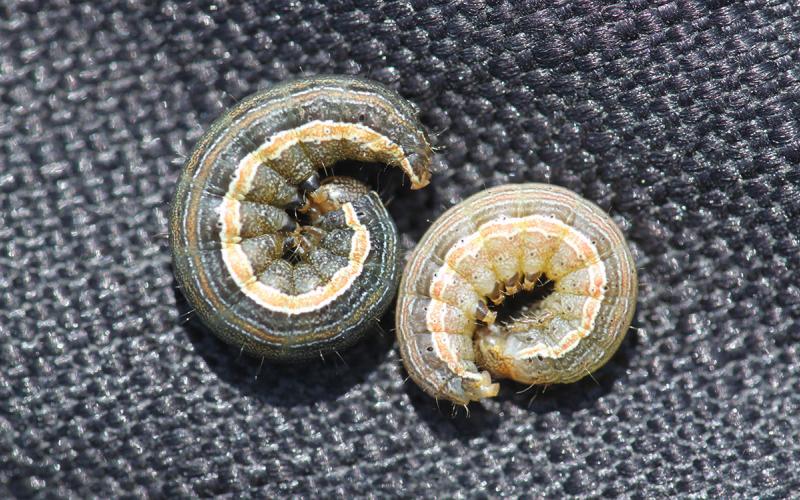
True Armyworm Caterpillars Are Active in South Dakota Wheat
We have received a few reports of true armyworm caterpillars in wheat that are heavily feeding on the leaves. The big concern with these pests is that they will also clip wheat heads prior to harvest, so scouting is necessary to ensure that they don't cause yield losses.